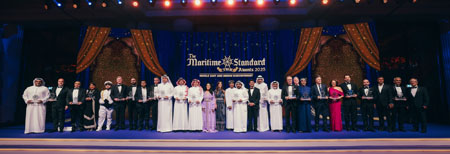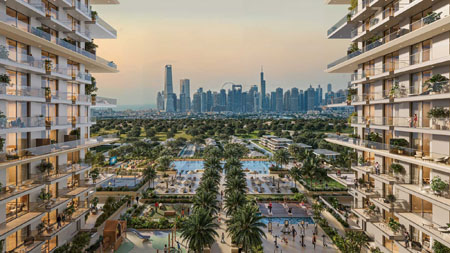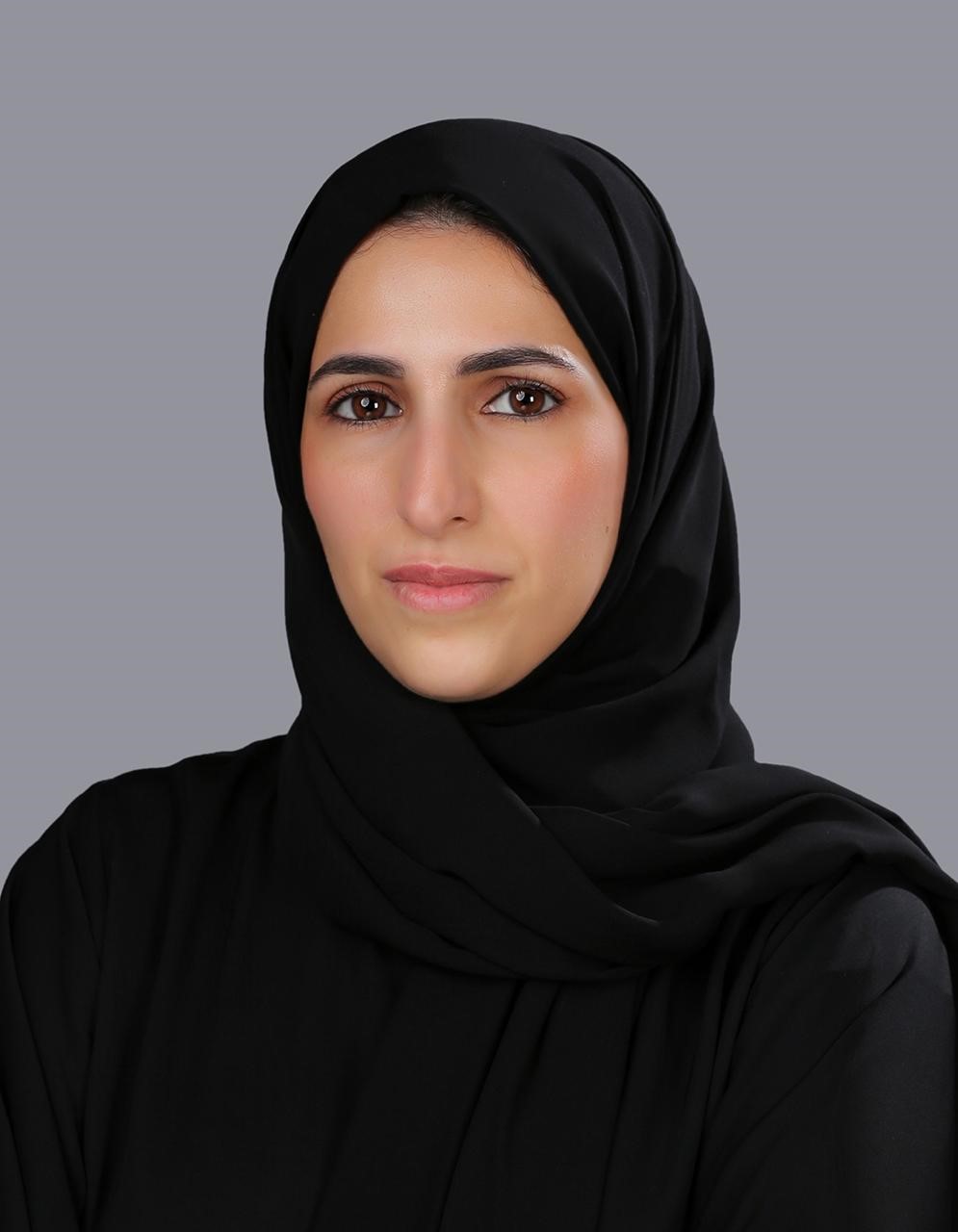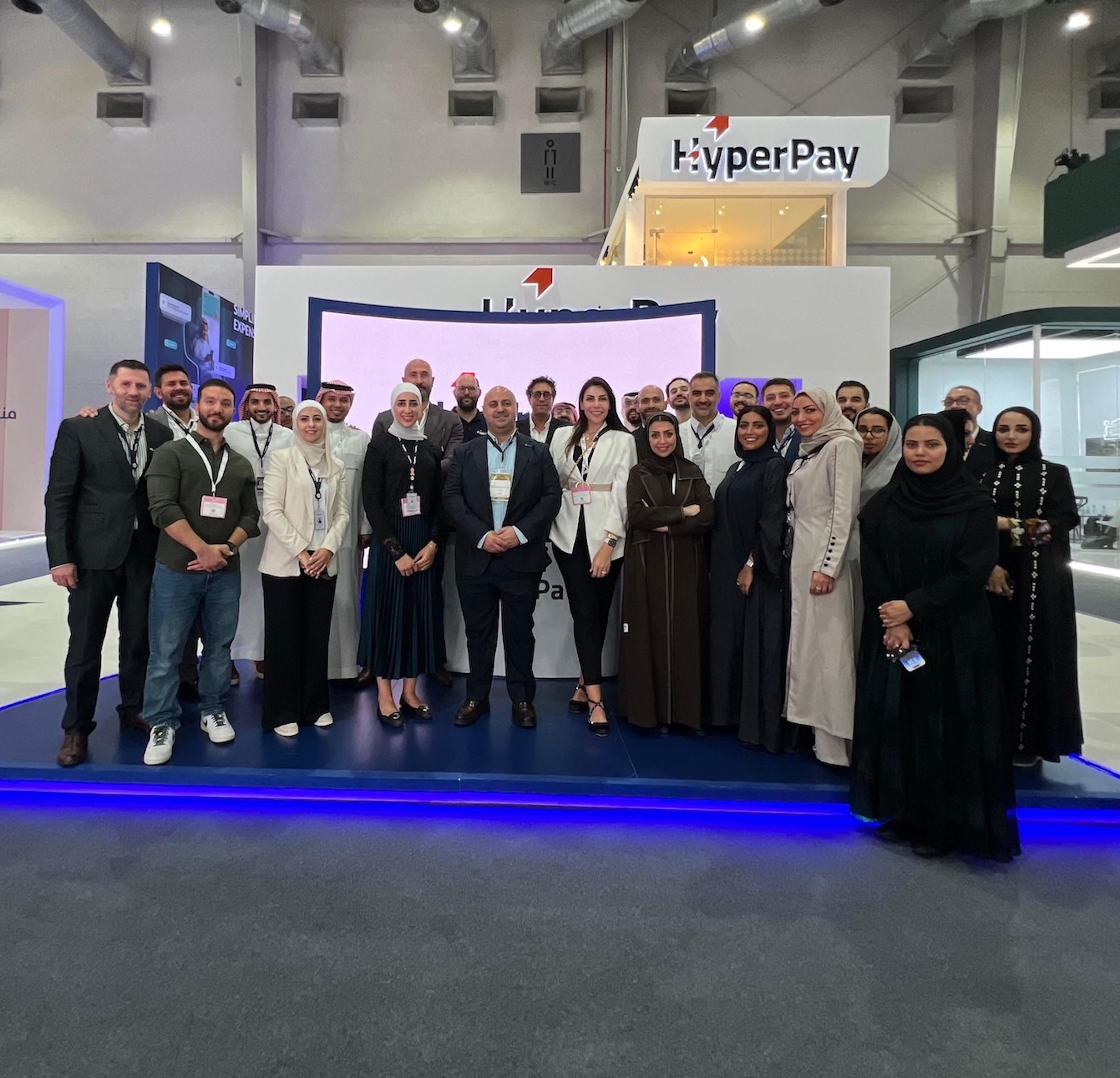UAE hosts MENA-OECD Business Advisory Board meeting
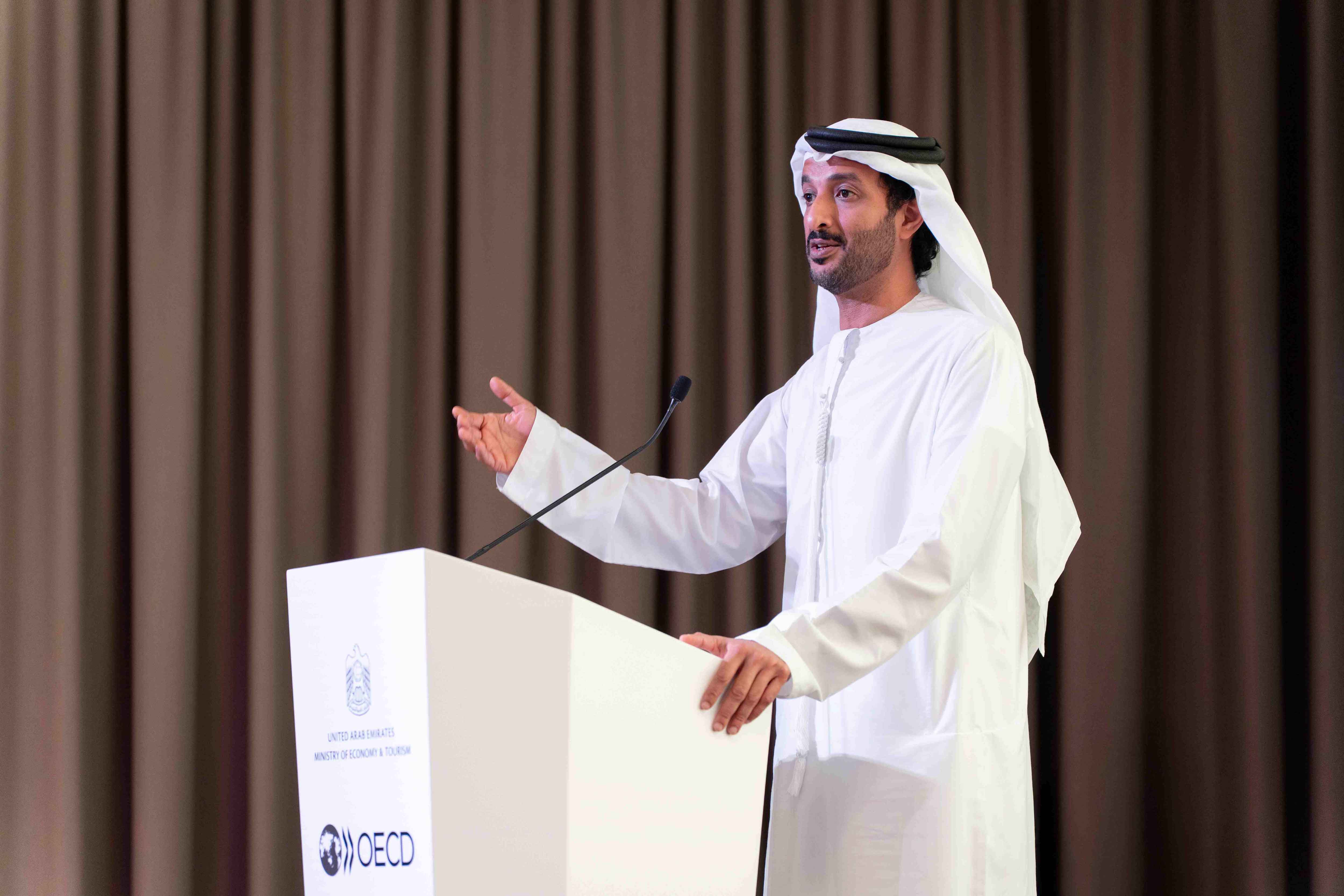
Abu Dhabi, 30 October 2025:
The Ministry of Economy and Tourism hosted the MENA-OECD Business Advisory Board (BAB) on 29–30 October 2025, under the theme ‘Building Diversified and Connected Economies: Private Sector Strategies,’ in the presence of H.E. Abdulla Bin Touq Al Marri, Minister of Economy and Tourism. The event aimed to promote public-private collaboration, advance flexible and inclusive growth policies, and foster opportunities for growth in new economy sectors and sustainability initiatives.
The meeting, held at Expo City Dubai, was attended by H.E. Dr. Maria Hanif Alqassim, Assistant Undersecretary for Policies and Economic Studies sector at the Ministry of Economy and Tourism; H.E. Dr. Abdulrahman Al Muaini, Assistant Undersecretary for Intellectual Property at the Ministry; H.E. Badreya Al Maidoor, Assistant Undersecretary for Support Services at the Ministry; H.E. Fawaz Majed Al Bassam, Assistant Deputy Minister for Structural Policies at the Saudi Ministry of Economy and Planning; Carlos Conde, Head of Middle East and Africa Division at the OECD Global Relation and Cooperation Directorate; Marta Blanco, President of the International Relations Committee of the Spanish Confederation of Business Organisation (CEOE) and BAB co-chair; as well as representatives from the public and private sectors and specialized institutions involved in development activities across the Middle East, Africa, and OECD countries.
Government policies supporting private sector innovation
H.E. Bin Touq emphasised that thanks to the vision of our wise leadership, the UAE today boasts an advanced and pioneering legislative and economic environment. In recent years, the country has witnessed transformative developments in economic policies and legislations, enhancing its competitiveness and attractiveness for investment, talent, and entrepreneurial projects. These policies place people at the core of our strategy, which is why we carefully align public investment and government policies with innovation driven by businesses and the private sector in key sectors such as AI, health, space, agrifood, clean energy, and fintech.
Economic legislation driving expansion in new economy sectors
His Excellency explained that over the past five years, the UAE has introduced more than 35 economic laws, policies, and decisions, including 10 landmark legislations in new economy sectors. These measures have fostered a flexible and competitive economic environment that supports future trends and new economy projects. He highlighted that these legislative advancements were established in alignment with the national objective of positioning the UAE as the global leader in the development of proactive legislation for emerging economic sectors by the next decade, in line with the ‘We the UAE 2031’ vision.
Economic diversification driven by knowledge and sustainability
H.E. Bin Touq continued: “The non-oil sectors accounted for over 77 per cent of GDP in Q1 2025. Recently, we launched the Green Innovation District at Expo City Dubai, designed to redefine industrial development by integrating economic growth with environmental sustainability and social responsibility. The initiative highlights the strength of the UAE’s economic diversification driven by innovation and knowledge and underscores the balance of the country’s economic structure and its alignment with global sustainability standards.” His Excellency added that sustainability remains a key pillar of economic competitiveness, with climate-smart practices being embedded across tourism, industry, logistics, and finance sectors.
Successful institutional cooperation with OECD
H.E. Bin Touq stated: “The collaboration between the UAE and OECD serves as a model for effective institutional partnership. This collaboration has given rise to a series of joint projects and initiatives aimed at promoting inclusive and sustainable economic growth. We look forward to further strengthening cooperation with the OECD and our regional partners to help build an integrated, leading economic ecosystem that fosters growth and fair competitiveness based on innovation and sustainability.”
H.E. highlighted that the MENA region is experiencing accelerated growth across several key economic and tourism sectors. Inbound tourism to the region increased by 32 per cent compared with the pre-2019 levels, while the growth in the industrial sector is driven by major projects and technology partnerships, strengthening the new and circular economy sectors. In the field of entrepreneurship, regional business incubators serve as strong support platforms for various categories, empowering women and youth in this vital field.
Developing practical solutions that support priority sectors
Her Excellency Dr. Maria Alqassim explained that the meeting contributes to reinforcing the public-private dialogue and cooperation and forms a key component of the UAE-OECD partnership under the MENA-OECD Competitiveness Programme. H.E. described BAB as a reliable platform enabling the private sector and government-policymakers to engage and develop practical solutions, focusing on tourism, SMEs and entrepreneurship, and agribusiness. “We aim to adopt tangible measures to enhance value chains, launch investments, and build more diversified, competitive and future-ready economies,” she said.
Mr. Carlos Conde, Head of Middle East and Africa Division, Global Relations and Cooperation Directorate, OECD, said, “Today’s Board meeting in Dubai marks a significant milestone in the cooperation between the OECD and the UAE, building on the country’s tangible progress in developing a resilient and innovative economic environment driven by partnership and integration across various sectors. This meeting also forms part of the MENA-OECD Competitiveness Programme. The BAB contributes to shaping a better business environment, empowering competitiveness policies and building more efficient, resilient and transparent economic models across the MENA region.”
Marta Blanco, President of the International Relations Committee of the Spanish Confederation of Business Organisation (CEOE) and BAB Co-Chair, said: “The meeting provides a valuable opportunity to strengthen economic cooperation between MENA countries and the OECD. It also reinforces the private sector's role as a key partner in crafting policies that support sustainable growth through dialogue between governments and business communities, exploring shared priorities and designing practical initiatives aligned with global transformations in innovation, trade, and investment.”
Discussion sessions with extensive global and regional participation
The meeting featured six panel sessions with extensive participation from the Ministry of Economy and Tourism, the OECD, and specialised experts in the fields of economy, entrepreneurship, agriculture, technology, innovation and logistics.
The first panel, “Connecting Physical and Digital Infrastructures”, discussed the significance of interconnected infrastructure networks in enhancing regional economic integration, including transport, energy and digital connectivity, and their pivotal role in lowering trade costs, improving logistics performance and supporting knowledge exchange. It further highlighted the position of the UAE and Saudi Arabia as global logistics and investment hubs.
The second panel, titled “Connecting Markets: Trade, Investment and Regulatory Convergence”, highlighted how infrastructure can be transformed into a competitive edge. This requires linking markets across borders, including attracting investment into local value chains, reducing barriers in trade and customs, and harmonising regulations that create conditions for free zones and logistics to drive economic growth.
The third panel, “Connecting People and Ideas: Cross Border Innovation Ecosystems”, focused on the role of governments in reducing barriers to mobility and fostering regional innovation platforms that contribute to building dynamic innovation ecosystems that generate new jobs and support sustainable growth. This can be achieved through effective partnerships with universities and business incubators, research and business collaboration, R&D investment and innovation activities.
The fourth panel, “Sustainable Tourism: Developing High-Value Strategies for Diversification”, explored the opportunities in the tourism sector that can contribute to the growth and diversification of regional and global economies, creating innovative sustainable models and strategic public–private tourism partnerships. It focused on investment in digitalisation and skills development to strengthen tourism’s contribution to sustainable economic development.
The fifth panel, “SMEs and Entrepreneurship: Scaling Opportunities for Inclusive Growth”, focused on the growth of small and medium-sized enterprises (SMEs) to generate jobs, drive innovation and boost productivity across various economic and investment sectors. Serving as the backbone of the global economy, SMEs can scale, compete and expand into regional and global markets.
Finally, the sixth panel, “Agribusiness: Supporting Innovation and Regional Cooperation”, explored the impact of climate risks and resource scarcity on the agricultural sector. It focused on strengthening cooperation with governments, the private sector and research institutions related to food-systems in fields of climate smart innovation, digital technologies, and supporting the growth of this critical sector globally.
-END-




